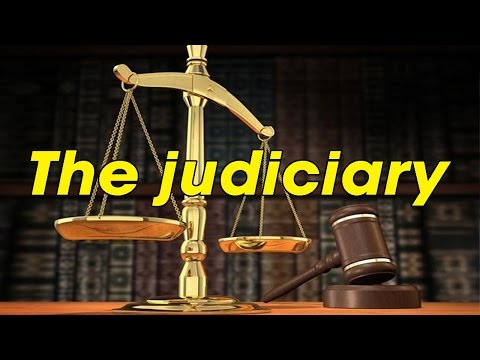The judiciary is grappling with serious credibility issues, according to a report on a nationwide survey by the Human and Environmental Development Agenda (HEDA Resource Centre).
It highlights widespread public concern over corruption, inefficiency, and political interference within the justice system.
The findings were unveiled yesterday in Ikeja during the launch of HEDA’s fifth Leadership Approval Rating (LAR) report, titled: Voices for Justice: A Civic Lens on Nigeria’s Judicial System.
Drawing responses from 1,357 Nigerians across all 36 states and the Federal Capital Territory (FCT), the report offers a sobering assessment of public perception of judicial performance.
HEDA’s Executive Secretary, Sulaimon Arigbabu, said: “Our survey data shows Nigeria’s judiciary is facing serious credibility challenges. When citizens begin doubting their court system, it raises fundamental questions about our democratic foundations.”
Powered by VidCrunch
Tech Video 11 DECTech Video 11 DEC
Respondents cited persistent issues such as delays in case resolution, perceptions of corruption, and the manipulation of legal technicalities that disproportionately benefit the powerful.
The report also highlights stark disparities in how the system treats different socioeconomic groups, with the wealthy often enjoying smoother legal processes, while ordinary Nigerians endure prolonged detention and delayed justice.
A key concern raised was the judiciary’s perceived lack of independence, especially in politically sensitive cases.
The protracted prosecution of former National Security Adviser Sambo Dasuki over a $2.2 billion arms scandal was repeatedly mentioned as a symbol of systemic dysfunction.
To address these challenges, HEDA recommends comprehensive reforms, including full financial and administrative autonomy for the judiciary, stronger oversight of judicial conduct, and the adoption of modern technologies to streamline court operations.
“These aren’t merely recommendations but essential steps to restore judicial integrity,” Arigbabu emphasised.
The report also underscores the importance of civil society and media in promoting judicial accountability, calling for sustained public engagement and constructive oversight as vital tools for driving meaningful reform.




